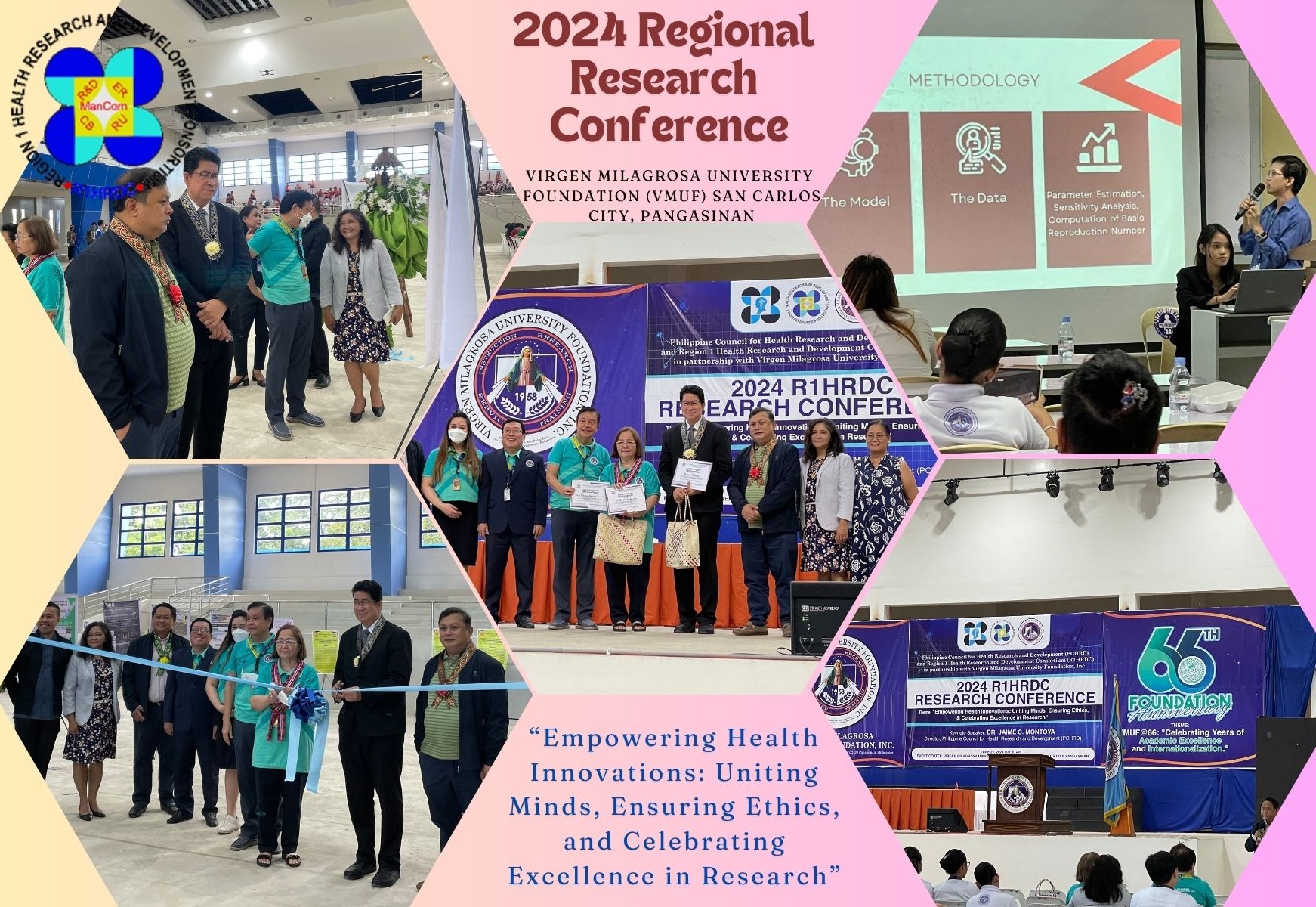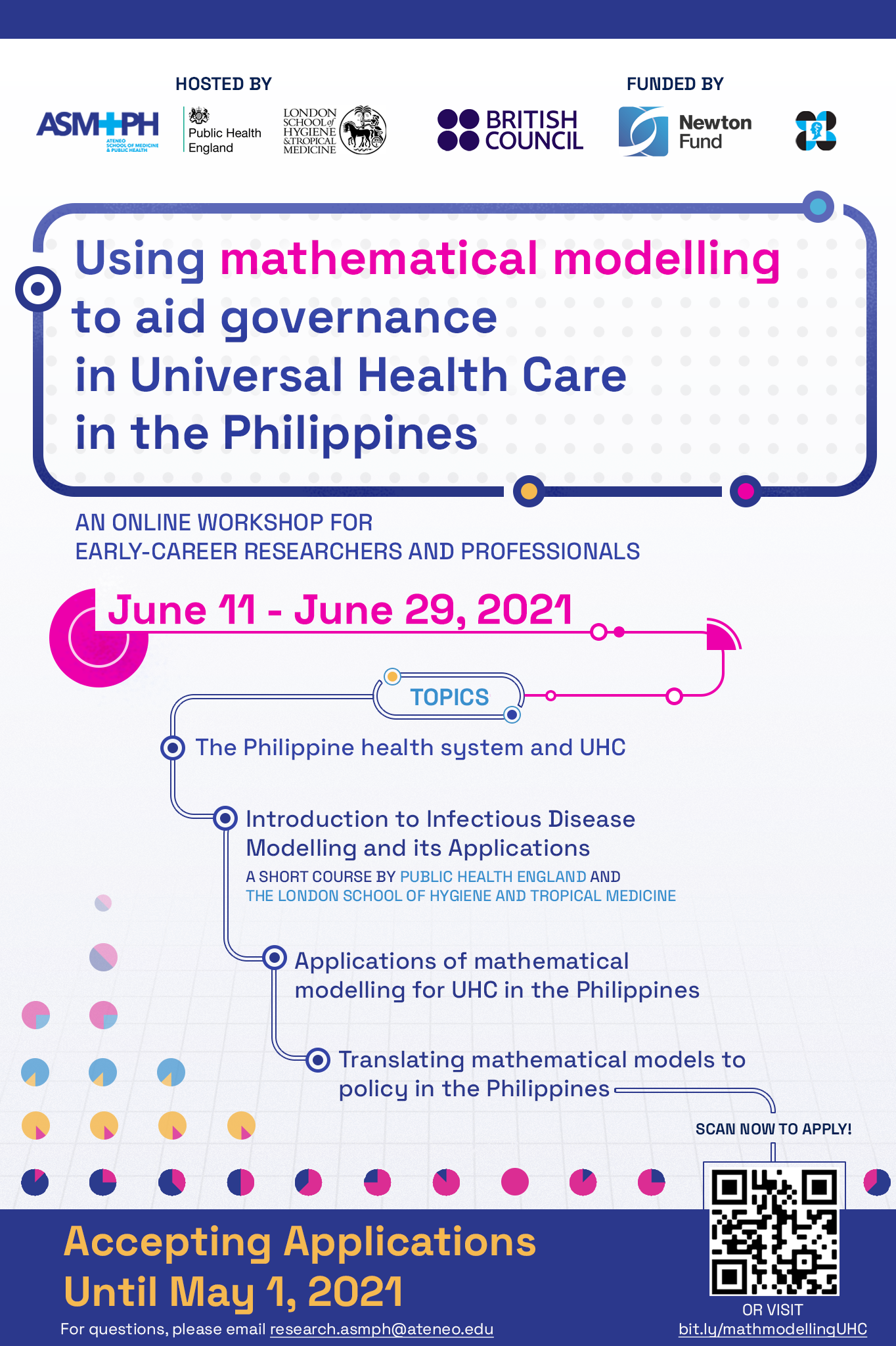
Sidebar
Research News
Neuroscience reveals how a year of social distancing broke our brains

With COVID-19 vaccines working and restrictions lifting across the country, it’s finally time for those now vaccinated who’ve been hunkered down at home to ditch the sweatpants and reemerge from their Netflix caves. But your brain may not be so eager to dive back into your former social life.
Social distancing measures proved essential for slowing COVID-19’s spread worldwide–preventing upward of an estimated 500 million cases. But, while necessary, 15 months away from each other has taken a toll on people’s mental health.
In a national survey last fall, 36% of adults in the U.S.—including 61% of young adults—reported feeling “serious loneliness” during the pandemic. Statistics like these suggest people would be itching to hit the social scene.
But if the idea of making small talk at a crowded happy hour sounds terrifying to you, you’re not alone. Nearly half of Americans reported feeling uneasy about returning to in-person interaction regardless of vaccination status.
So how can people be so lonely yet so nervous about refilling their social calendars?
Equity in Science Funding

All countries irrespective of their income level should be producers as well as consumers of research. Strengthening research capacity is relevant to the improvement of health, equity and development but the capacity to do research vary enormously between countries. A recent correspondence published in Nature' Medine by a group of African scientists highlights the urgent need for funders of research to reconsider and introspect on their existing mechanisms, policies and practices.
[Invitation] Research Fairness Webinar: Equitable Partnerships in Science, Technology, and Innovation

The Department of Science and Technology is pleased to invite you to the webinar on Equitable Partnerships in Science, Technology, and Innovation on 24 March 2021 at 1:40 PM via Zoom and Facebook Live.
This webinar aims to discuss equity in research planning and implementation, and cost and benefit sharing in research, among researchers, sponsors/funders, and research participants. This event is jointly organized by the Philippine Council for Health Research and Development (PCHRD), Philippine Council for Agriculture, Aquatic and Natural Resources Research and Development (PCAARRD), Philippine Council for Industry, Energy, and Emerging Technology Research and Development (PCIEERD), and National Research Council of the Philippines (NRCP).
To join the event via Zoom, please register using this link:
https://pchrd-dost-gov-ph.zoom.us/webinar/register/WN_AS8u9KLDToKPructRASc3A
IHF World Hospital Congress Call for Abstracts re-opens in March














